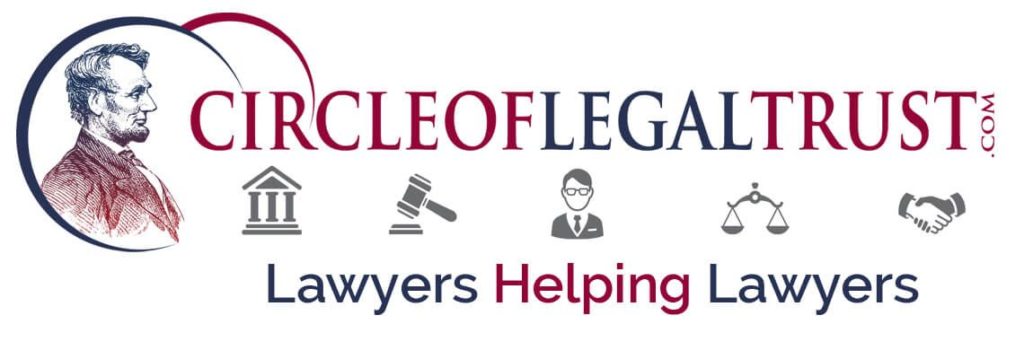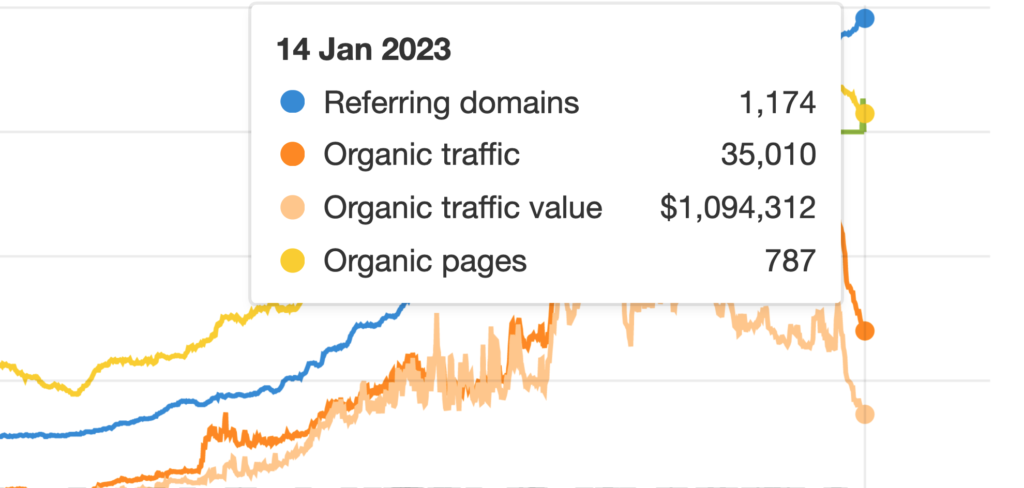Tech Giants Fear SCOTUS Cases Could Ruin the Internet and Online Platforms

A single ruling from the Supreme Court can cause the influence and power of tech companies to crumble down, ultimately affecting how the internet operates in the future.
Circle of Legal Trust is a platform where we discuss important legal cases and the impact they could have on the country and its people. Here, we will discuss a potential change in Section 230 of the Communications Decency Act that could impact the internet.
Online Platforms Face Tough Times Ahead as Supreme Court Sets Hearing Date
One of the SCOTUS cases revolves around Google. This tech giant has faced serious scrutiny in the last year for controlling American democracy, especially the allegations of swaying the 2020 presidential elections using dirty tactics. According to a brief by Google, the case could jeopardize the internet’s core functions.
For years, Washington tried to upend the protections provided to online platforms under Section 230 of the Communications Decency Act but so far did not succeed. Now it’s in the hands of the Supreme Court justices who are set to hear the cases that could break the internet and transform our online world.
Gonzalez V. Google: A Testing Case for Supreme Court That Could Affect the Free and Open Internet
Gonzalez v. Google is a case in the Supreme Court that challenges the authority and protection provided by Section 230, a federal law that grants internet platforms immunity for the third-party content posted on them.
Plaintiffs claim that the online platform uses algorithms that played a role in inciting violence and terrorism in the recent terrorist attacks outside of the United States.
According to the plaintiffs named in the Gonzalez v. Google case, Section 230 should not offer protection to the third-party content a company’s algorithm recommends online, which makes the defendant, in this case, Google, liable for the extremist videos on Google-owned service YouTube.
Although the Gonzalez v. Google and a few others are set for hearing in the coming week, the resolution may take some time, with legal experts estimating it could take as long as June.
Why Tech Giants Fear SCOTUS Cases Could Ruin the Internet
Suppose you’ve wondered why Facebook, Google, and Twitter are operating with impunity without any regulations over their content. In that case, it is because of Section 230 of the Communications Decency Act as it protects the provider or user of interactive computer service.
However, in recent years, critics and representatives of Congress have been taking jabs at Section 230 for spreading hateful, racist, and extremist content without any consequences.
Attacking Section 230 could mean a whole new age of the internet, with experts believing that a rollback of the Act could threaten free speech online and destroy the foundations on which the internet was built.
What’s even more concerning is that ChatGPT, a Chatbot that interacts in a conversational way, is providing inaccurate information and will soon receive protection, just like other social media platforms under Section 230.
Experts are predicting two scenarios that may come out of the SCOTUS cases. Either there will be new rules limiting the power extended to social media companies under Section 230, or the ruling may completely scrap Section 230, which can be detrimental to the internet.
Lack of Legal Consequences Is Enabling Websites to Allow All Sorts of Content on Their Platform
The fear of legal culpability stops many from committing any crime. Still, with Section 230 in place, online sites allow third-party publishers or speakers to publish content that could have serious repercussions without legal ramifications.
It’s not like the politicians have not considered reforms, but the major concern is how much refining the law would be too much. Even Mark Zuckerberg, the CEO of Meta (formerly known as Facebook), proposed that Congress enforce rules requiring social media platforms to have systems that would identify harmful speech or unlawful content and prevent third parties from ever publishing it.
The Gonzalez v. Google case would be a test for the Supreme Court as there are many viewpoints on the reforms pertaining to Section 230, making it a high-stakes piece of the puzzle. This would be the first time a case that attempts to refine Section 230 made its way to the Supreme Court, unlike the many times it came to the attention of Congress.
According to the allegations against Google by the Gonzalez family, Google was promoting pro-terrorist messaging on its platform and radicalizing the ISIS terrorists that led to the November 2015 Paris attacks in Paris and the city’s northern suburb, Saint-Denis. The terrorist attack led to the death of 130 people, including Nohemi Gonzalez, an American student who was studying abroad in Paris.
The Lawsuit Targets YouTube’s Recommendations and Not the Third-party Content It Shares
The Gonzalez family brought the case to the attention of the lower court, which ruled in favor of the tech giant, prompting the grieving family to pursue justice in the country’s apex court. Since Section 230 pertains to third-party content, the Gonzalez family argued that it does not provide social media companies immunity for algorithmic content recommendations.
Besides Google facing hot waters, Twitter is also sweating bullets as another case in the Supreme Court, Twitter v. Taamneh, is also set for hearing. The relatives of a Jordanian citizen who died in the ISIS attack at an Istanbul nightclub in 2017 have filed a lawsuit against Twitter.
The plaintiffs in Twitter v. Taamneh argued that the social media companies, particularly Google, Facebook, and Twitter, failed to control pro-terrorist content on their platforms.
In response to the allegations by the Alassaf family, Twitter argued that the lawsuit was unconstitutional. Still, after the arguments, the case did not progress in the lower court, with many believing that the Supreme Court might take it up in the next hearing.
The Gonzalez family is looking toward the Supreme Court to clarify whether Section 230 applies to online platforms algorithms recommendations.
In 2018, former president Donald Trump signed legislation that would find social media platforms liable for sex trafficking content. However, what’s different about the Gonzalez v. Google case is that the plaintiffs are not targeting specific content but the online recommendations generated by the online sites and their algorithms.
The Lawsuit Against Google Could Potentially Affect Free Speech Online in the United States
According to Paul Barrett, the senior research scholar at NYU’s Stern Center, targeting the website’s algorithms is a slippery slope as it could lead to a bombardment of lawsuits against social media companies in the future. Barrett believes that Section 230 is an important pillar of the freedom of online speech but also argues for the need for modernization.
A Supreme Court ruling favoring the Gonzalez family could lead to a barren internet as most social media companies would be afraid to take the risk with third-party content. It could be challenging for large social media companies and perhaps remove smaller online platforms from existence.


Responses